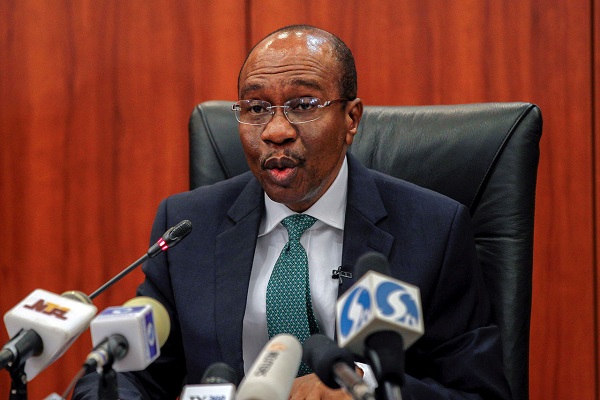Former Central Bank of Nigeria (CBN) Governor, Godwin Emefiele, has filed an appeal against a court ruling that resulted in the final forfeiture of a substantial estate in Abuja, consisting of 753 housing units. The Economic and Financial Crimes Commission (EFCC) had secured the forfeiture, alleging that the p,roperty was acquired through illicit means.
The estate, located on Plot 109, Cadastral Zone C09 in the Lokogoma District of Abuja, spans 150,500 square meters and includes 753 duplexes and other apartments. This represents the largest single asset recovery by the EFCC since its inception in 2003.
Emefiele contends that he was not adequately informed about the forfeiture proceedings and asserts that he holds a legitimate interest in the property. He claims that the EFCC published the interim forfeiture notice in an obscure section of a newspaper, making it difficult for him to become aware of the proceedings. Additionally, he argues that his involvement in multiple legal cases in Abuja and Lagos hindered his ability to respond promptly.

The EFCC, on the other hand, maintains that due process was followed, and the publication of the notice met legal requirements. The commission also stated that the forfeiture was conducted in line with Section 17 of the Advance Fee Fraud and Other Fraud Related Offences Act No 14, 2006, and Section 44 (2)(B) of the 1999 Constitution of the Federal Republic of Nigeria.
Emefiele’s legal team has requested the Court of Appeal to overturn the judgment delivered on April 28, 2025, annul the interim and final forfeiture orders dated November 1 and December 2, 2024, respectively, and grant his application filed on January 28, 2025. They argue that the trial court failed to properly evaluate the affidavit and documents presented, resulting in a miscarriage of justice.
Meanwhile, the federal government has announced plans to auction the estate to low- and middle-income Nigerians. Emefiele’s legal team has written to the Minister of Housing, urging the government to halt all plans to sell the estate until the appeal is resolved.
The case continues to generate public interest, with debates surrounding due process, transparency, and the fight against corruption in Nigeria.




